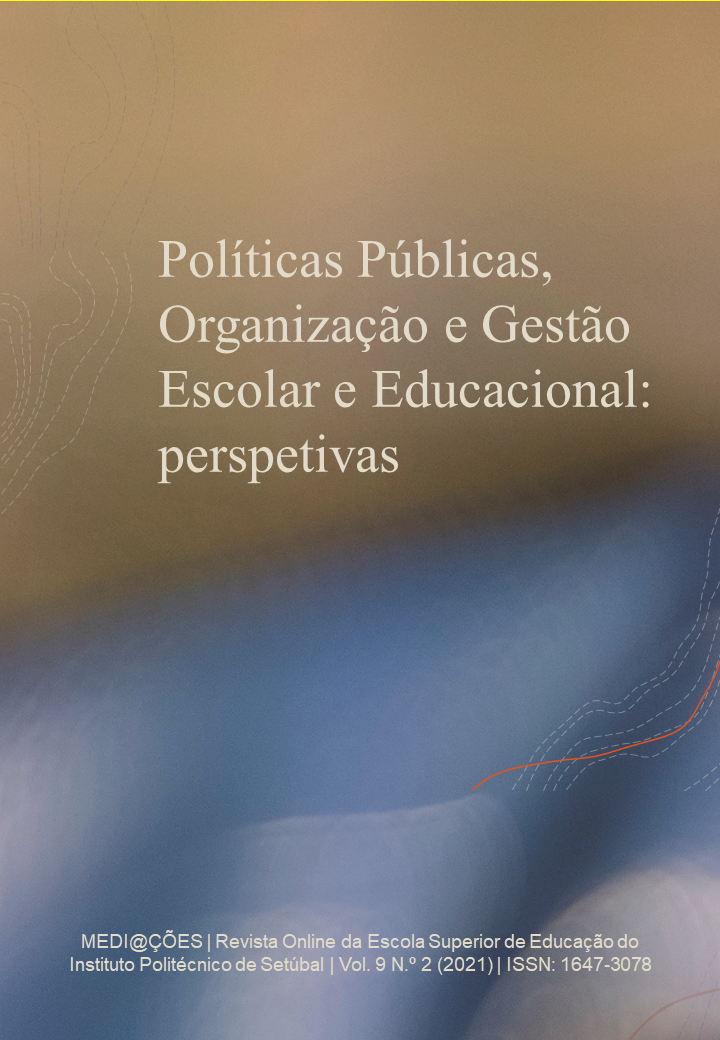Português
Main Article Content
Abstract
This article aims to discuss the emergence of the department coordinator, an intermediate manager who occupies a central role in the current school. A culture of school of merit must be matched by further accountability and appreciation of educational actors, contributing to the improvement of the school and school results. The growing autonomy conferred on schools requires isomorphic management in discourse and practice, where strong, effective, and efficient leaders emerge to respond to the challenges of today's society.
To understand the role and skills of the intermediate school manager in guiding a curricular department in a Group of Schools, this investigation is carried out to know “how are the skills of the intermediate school manager validated within the team?”. It is a case study, descriptive and exploratory and opts for a mixed methodology, of qualitative and quantitative nature, that involves twelve professors and three department coordinators. Data are collected through the administration of a questionnaire to teachers, semi-structured interviews with coordinators and official documents. Qualitative data are submitted to content analysis and quantitative data are treated statistically using Excel.
The department is organized, functional and with an adequate constitution and has communication channels in place. The coordinator performs the functions under the law, within a framework of mutual appreciation and collaboration, deliberating in conjugation. He is a democratic leader, but there are still bureaucratic focuses, and in disciplinary groups, pedagogical leadership emerges. Manages the position with authority, in a democratic and participatory way, and the student case manager has emerged. Supervision is based on monitoring the activity of teachers, through the group delegate. The curriculum, the learning and the improvement of the school make it possible to build the assessment of teaching performance based on the analysis of the teacher's self-evaluation report. The constraints are supervision, assessment of performance, bureaucracy as well as teachers' resistance to change. There are prospects for leadership, pedagogical supervision, inclusive education, and democratic, pedagogical, collaborative, and mediating management.
Article Details

This work is licensed under a Creative Commons Attribution 4.0 International License.
Medi@ções online journal requests agreement with the Copyright Declaration.
All the contents are licensed in accordance with Creative Commons Attribution 4.0
